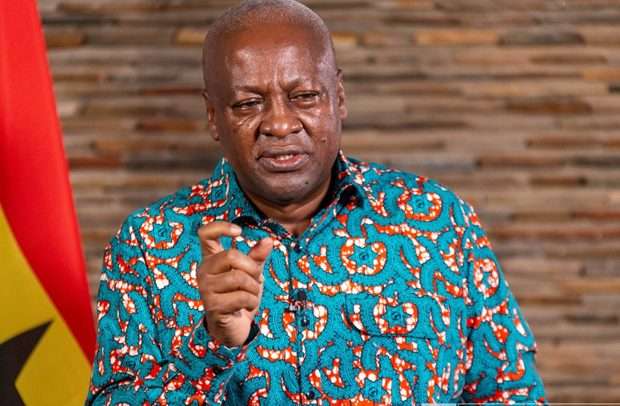The recent fuel cuts announced by President Mahama have sparked discussions on prudent spending and public finance reforms, with IMANI Africa’s President, Franklin Cudjoe, welcoming the move as a meaningful step towards easing the strain on Ghana’s economy.
According to Cudjoe, cutting fuel allowances for ministries and government appointees, though seemingly minor, sends an important signal to citizens that leadership is acknowledging the need for fiscal discipline.
He stressed that while such measures might appear small, they resonate deeply with ordinary people who are eager for visible demonstrations of sacrifice by the political elite.
“John keeps giving, doesn’t he? I think this is very useful. These are the little things people want to hear. To think that appointees are already enjoying all kinds of benefits, to add fuel allowance to it, I mean, it’s just too much.”
Franklin Cudjoe
He indicated that the measure reflects the beginning of what he sees as a broader reset agenda, with additional reforms likely to follow.
According to him, this move goes beyond the 24-hour economy initiative, representing a more comprehensive reassessment of how the government manages its spending.

Central to Cudjoe’s analysis was his focus on how incremental policy changes, like reducing fuel allowances, can cumulatively lead to significant progress.
He highlighted that minor savings in various sectors, when combined, have the potential to positively impact the broader economic landscape.
He pointed out that in a fragile economy, “you cannot just say that any savings at all are wrong. I think it’s perfect, it’s a good sign, really, there’s nothing wrong with it.”
Fuel Cuts Reflect Responsibility
Franklin Cudjoe further emphasized that such measures reflect a growing sense of responsibility among politicians, who must visibly participate in national cost-cutting efforts alongside ordinary citizens.
Although he backed the cutting of fuel allowances, he raised concerns about the current one-cedi fuel levy, describing it as excessively high and recommending a lower rate.

“But even then, how do you come to people and tell them to pay one cedi per litre, and then all these ministers and appointees are gobbling up all these resources by way of allowances? So I think it’s a good thing the president did, and kudos to him.”
Franklin Cudjoe
Addressing criticisms that the move might be politically motivated, Cudjoe stated, “However, you see, whether it is propagandist or populist or not, there is some service.”
He referenced the President’s decision to delay filling deputy ministerial roles as another positive example: “That is the kind of thing we want.”
Addressing possible doubts from the public, he dismissed claims that the move was merely political showmanship.
He contrasted the current government’s approach with what he described as previous excessive spending patterns that contributed to economic decline, asserting that the current leadership should be given the space to pursue its reset agenda.

“He should send a memo across every ministry that they should tell us exactly the amount that is being saved across the spectrum of government, and then we will probably have a conversation in parliament and see if it can be documented.”
Franklin Cudjoe
Cudjoe emphasized the need to formalize such reforms to ensure long-term impact.
He noted that eliminating benefits for certain officeholders should be backed by proper documentation, public discussion, and eventual legislation to guarantee that future administrations uphold these measures.
In conclusion, he emphasized the importance of fiscal prudence, stating, “We need to have a conversation about saving the public purse, and this is one of them, and there are many more that we have to embrace.”
He believes the fuel cuts represent the beginning of a broader conversation on reducing unnecessary spending within government.
READ ALSO: Baba Fryo Warns Musicians on Marriage



















